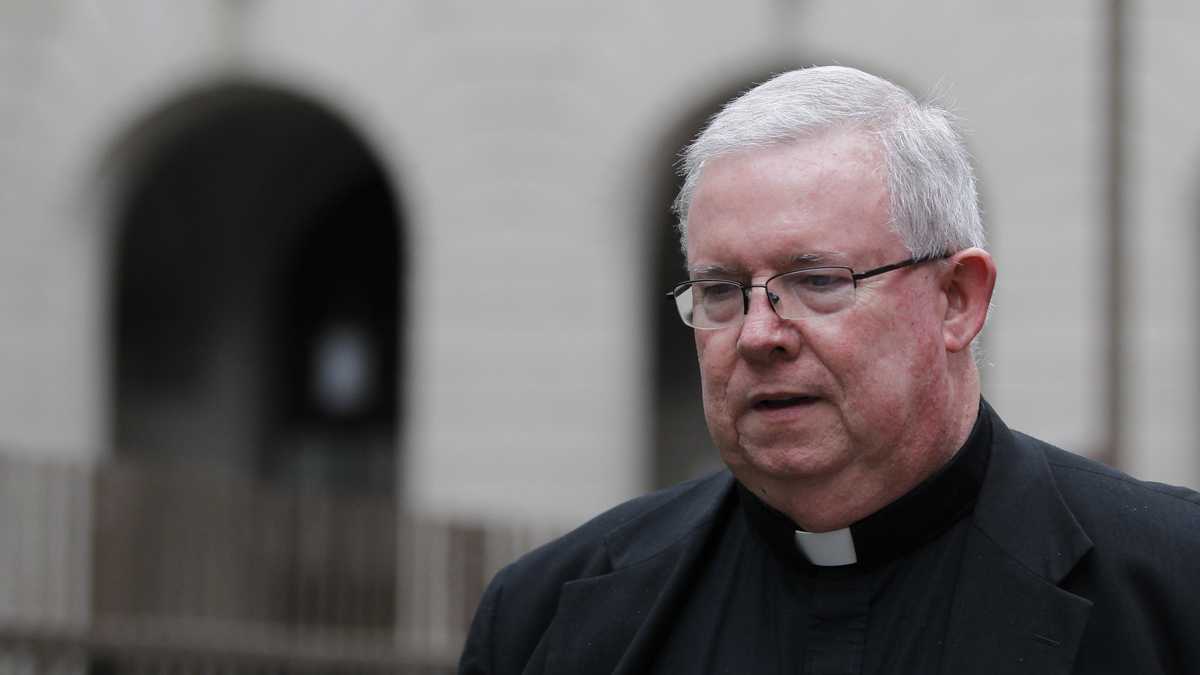Big Institutions, and Their Leaders, Elude Punishment
By Chris Satullo
When complex, powerful organizations become seedbeds of wrong-doing, how do you hold them accountable? Whom do you punish? This is one we haven't figured out yet in America. Think of two of the most damaging, most appalling scandals of recent times. First, the deceitful risk-taking on Wall Street that brought down the global economy. Second, the culture of silence and evasion in the Catholic Church that permitted repeated sexual abuse by clergy. Philadelphia had been the site of the first American court case where a Catholic Church administrator was held to account for shifting abusive priests from one congregation or school to another. But last week a Pennsylvania Superior Court panel ruled that the legal theory used to convict Monsignor William Lynn of child endangerment was invalid. The ruling didn't question the evidence that Lynn's decisions as a church official gave abusive priests new chances to ruin young lives, just that the statute didn't apply to those facts. This society needs to keep seeking ways, within the First Amendment, to hold culpable church officials who played a clear role in abetting these crimes. Now, to the titans of finance. Films such as The Wolf of Wall Street and cases such as Bernie Madoff's may leave an impression that the people who ran the economy into the ditch are being marched off to prison. Not really. Madoff and the character that Leonardo DiCaprio plays in the film committed garden-variety frauds, mere blips next to the out-of-control orgy of risk and greed that burned the rest of us in 2008. In a recent article in The New York Review of Books, Jed Rakoff, a federal judge and former prosecutor, notes that not a single high-level executive of any of the big firms that brought the global economy down has been prosecuted. Nor have any of the firms been taken to trial. This contrasts with previous economic scandals, such as Enron, where the CEO went to jail and the accounting firm Arthur Anderson was criminally charged. Why is that? Rakoff asks. He lists several excuses he's been hearing: It's hard to prove conscious fraud, hard to demonstrate that top executives knew the newfangled mortgage-backed securities their firms were furiously peddling were so risky. As for the firms, it's the too big to fail problem. Prosecutors, remembering how Arthur Anderson collapsed, treat the Goldman Sachses gingerly – avoiding trials, seeking consent degrees where firms promise to be good. Basically, everyone skates, because we fear damage to reputations and valuations. Of course, no such concerns prevent us from sending small-time drug dealers or penny-ante embezzlers to jail. But the people whose arrogance and greed left us with millions of unemployed, mounds of foreclosed mortgages? They can't be touched, lest it unsettle the markets. Equal justice for all? Not exactly.
|
.
Any original material on these pages is copyright © BishopAccountability.org 2004. Reproduce freely with attribution.
